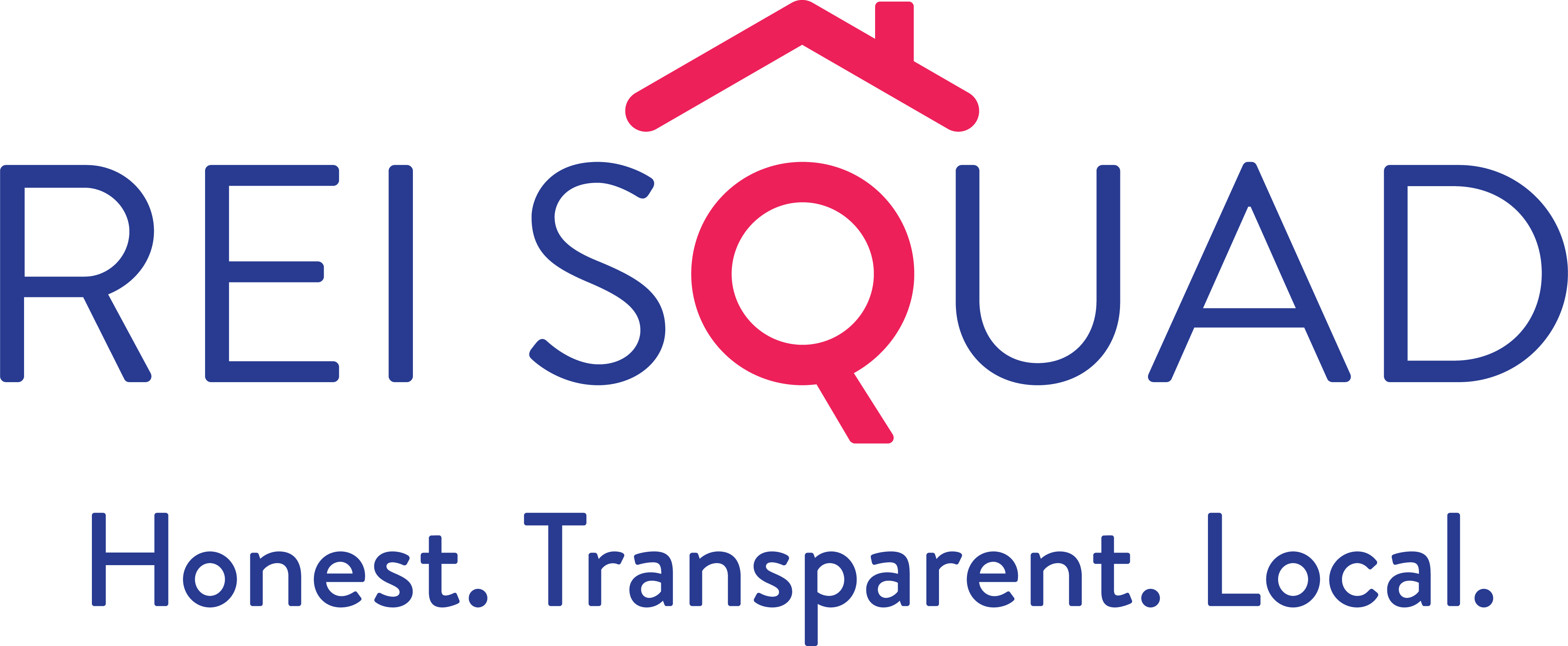Closing Costs Explained: Who Pays What in a Minnesota Fast Cash Sale
Selling your home for cash in Minnesota can be a swift and stress-free process, but understanding closing costs is key to ensuring a smooth transaction. While cash sales typically involve fewer fees than traditional sales, knowing who pays what—and how these costs impact your net proceeds—can make all the difference.
Let’s break down the specifics of closing costs in a Minnesota fast cash sale, so you can plan with confidence.

Understanding Minnesota Closing Costs
When selling your home for cash, closing costs represent the final expenses required to transfer ownership. These costs can vary depending on whether the transaction is a traditional sale or a cash sale.
Traditional vs. Cash Sale Costs
In a traditional home sale, closing costs often include items like loan origination fees, appraisal fees, and lender-required inspections. However, in a cash sale, many of these lender-related expenses are eliminated. For sellers in Minnesota, this means fewer fees to worry about, making cash sales an attractive option for those looking to save time and money.
Required vs. Optional Fees
Some closing costs are mandatory, such as title insurance and recording fees, while others may be negotiable or optional. For instance, sellers might choose to pay for a home warranty or cover certain buyer expenses to sweeten the deal. Understanding which costs are essential versus discretionary can help you better estimate your final proceeds.
Minnesota-Specific Requirements
Minnesota has unique requirements that may affect your closing costs. For example:
- State deed tax: Sellers are responsible for paying this tax when transferring property ownership.
- Recording fees: These fees cover the cost of recording the deed with the county.
- Property tax prorations: Sellers must settle any outstanding property taxes up to the date of sale.
These state-specific charges should be factored into your calculations when planning for closing expenses.
Seller’s Closing Costs
As a seller in a fast cash transaction, you’ll typically encounter fewer costs than in a traditional sale. However, there are still some key expenses to anticipate.
Title-Related Expenses
Title-related costs often include:
- Title search fees: To ensure there are no legal claims or liens on the property.
- Owner’s title insurance: Protects the buyer against future title disputes.
While buyers sometimes cover these expenses in cash sales, it’s not guaranteed—so be sure to clarify during negotiations.
Recording Fees
Recording fees are charged by the county to officially document the transfer of ownership. In Minnesota, this is typically a seller’s responsibility and varies by county.
Property Tax Prorations
Sellers are required to pay property taxes up to the date of closing. If you’ve already paid taxes beyond this date, you may receive a credit at closing. Conversely, if taxes are unpaid, they’ll be deducted from your proceeds.
Outstanding Liens and Mortgages
Any existing liens or mortgages on your property must be cleared before the sale is finalized. These amounts will be deducted from your proceeds at closing.
Buyer’s Typical Responsibilities
In a fast cash sale, buyers often assume some of the financial responsibilities traditionally borne by sellers.
Standard Buyer Costs
Buyers typically pay for:
- Buyer’s title insurance: Protects their investment against title issues.
- Inspection fees: While not always required in cash sales, some buyers may opt for inspections for peace of mind.
- Closing agent fees: Covers administrative work related to finalizing the transaction.
What Cash Buyers Often Cover
Cash buyers—especially professional investors—frequently cover additional costs to streamline the process for sellers. These may include:
- Title-related expenses
- Recording fees
- State deed tax
This is one reason why selling to fast cash house buyers can be so appealing—they simplify the process by absorbing many of these costs.
Negotiable Items
In many cases, certain costs can be negotiated between buyer and seller. For example:
- Repairs or concessions
- Home warranty coverage
- Transfer taxes
Discussing these items upfront ensures both parties have clear expectations and can help reduce surprises at closing.
Your Minnesota Cash Sale Simplified
Selling your home fast for cash doesn’t have to be complicated—especially when you understand what’s involved in closing costs. By knowing which expenses you’re responsible for and what buyers typically cover, you’ll be better equipped to estimate your net proceeds and negotiate effectively. Whether it’s understanding Minnesota-specific requirements or finding ways to reduce fees, transparency is key to a successful transaction.
At REI Squad, we believe in making every step of your home-selling journey as seamless as possible. Our network of fast cash house buyers takes care of many traditional seller expenses so you can focus on what matters most—moving forward with confidence.








